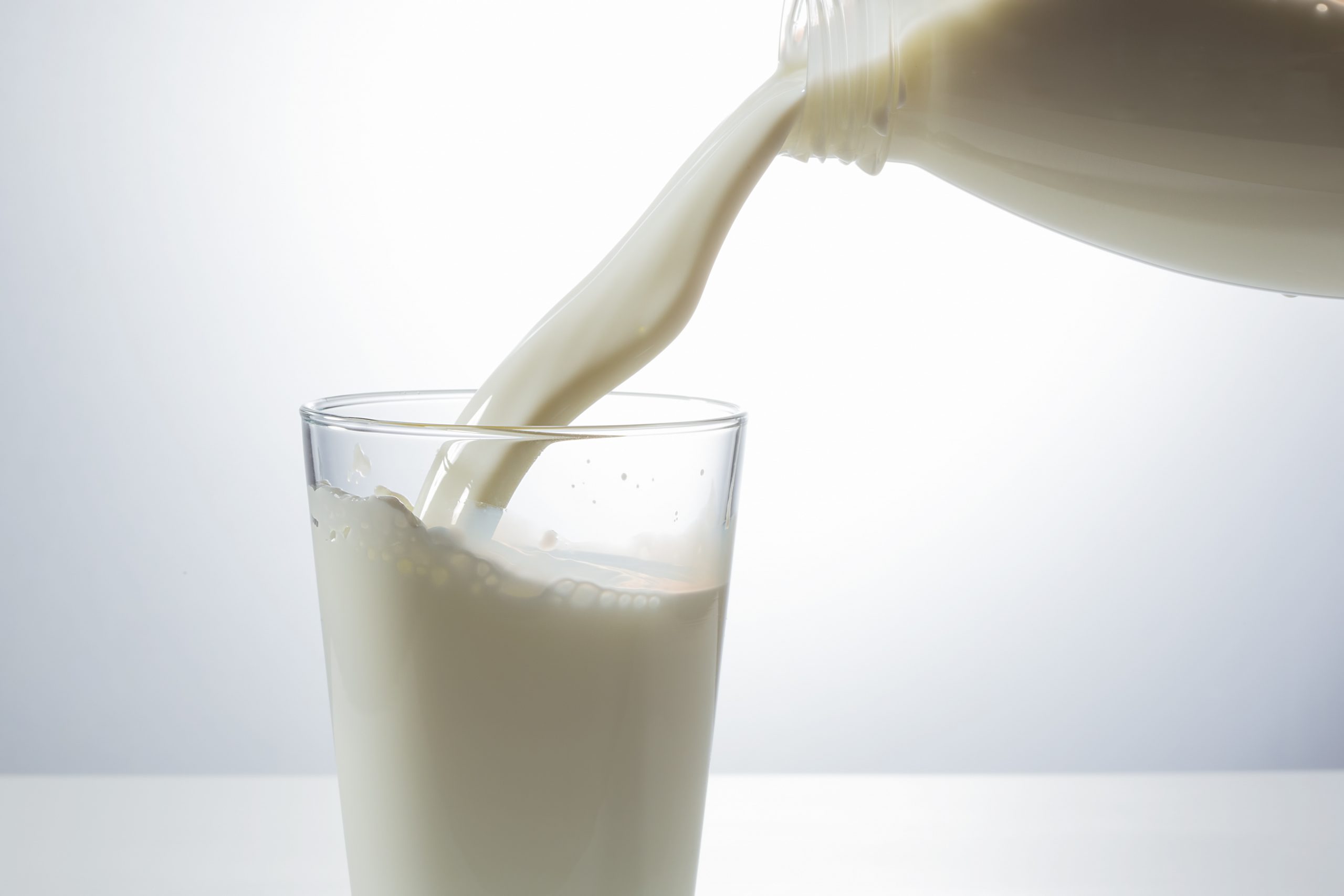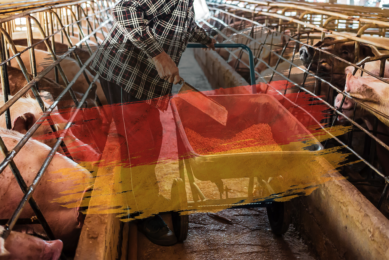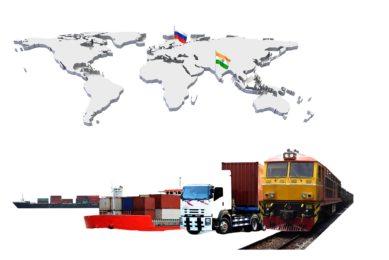EU diet not so good for the environment

Meat and dairy products are responsible for the lion’s share (75%) of greenhouse emissions from the EU diet, new research showed.
Global food production faces major and even contradictory challenges from increasing food production to feed the growing population while concurrently reducing environmental impacts, such as greenhouse gas (GHG) emissions, generating climate change. According to new research it was shown that the average EU citizen has a food footprint of 1070 kg of CO2 equivalent per year when emissions from production, land use change and international transportation are taken into account.
Direct and indirect emissions
The research, published in the journal Global Food Security, calculated that meat and dairy account for more than 75% of the impact from EU diets. That’s because meat and dairy production causes not only direct emissions from animal production, but also contributes to deforestation from cropland expansion for feed, which is often produced outside of the EU. In the EU, the import share of the total food and feed supply of crop and animal products ranges from nearly 70% for Malta and Luxembourg to less than 20% for Poland and Romania (Food and Agriculture Organisation of the United Nations FAO, 2017). However, a large share of the imports is actually traded within the EU region. The share of imports coming from outside of the EU region averages 16% (range 6–30%).
Meat comes from everywhere
On the surface, food production appears to be only a small portion of Europe’s climate footprint: food production in the EU accounts for less than 5% of global emissions from the agricultural and land use sector. But since Europeans also eat products imported from all over the world, accounting for EU food emissions based only on EU food production leaves out a major piece of the puzzle.
Impact of international trade
The researchers conclude that these results show existing differences between the dietary emissions of EU countries and that these are mostly related to the quantity of animal products consumed and the overall quantities of food consumed. Trade impacts dietary emissions, especially when land use change emissions are accounted for, resulting in different emission intensities for different production countries. As international trade plays an increasingly important role in the global food supply, dietary emissions accounting should take it more into account. This is important, particularly in planning and guiding consumer policies, for mitigating climate change and addressing the underlying global links of deforestation drivers.
Source: Sciencedaily











